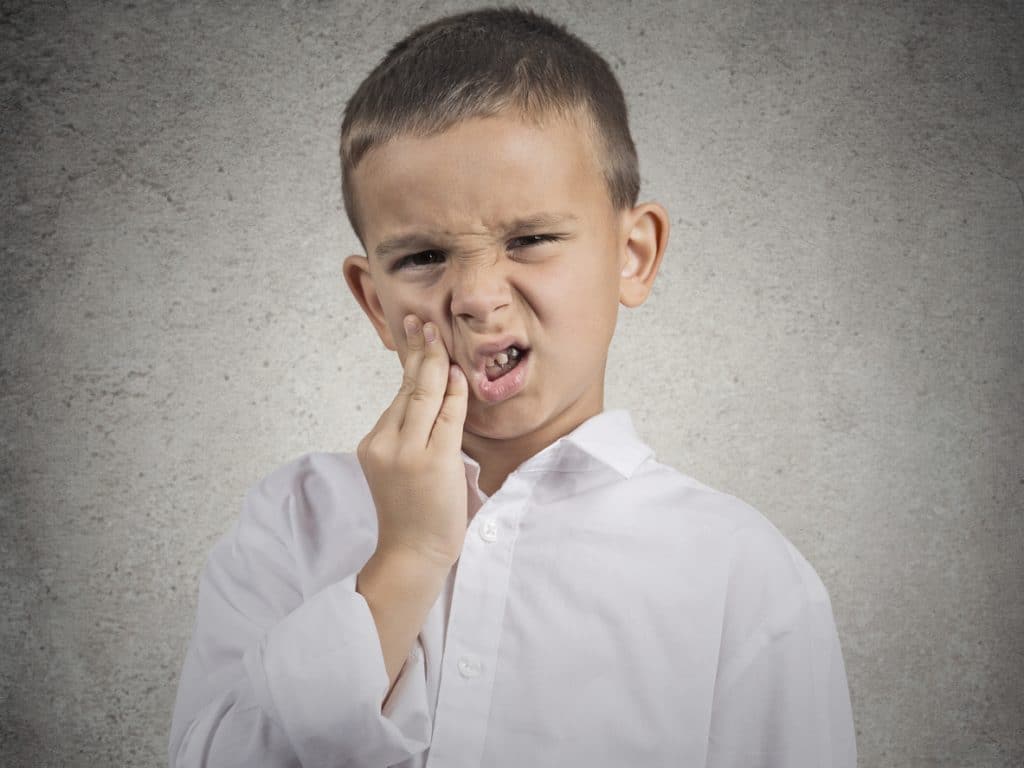A black baby tooth can turn grey or black after a fall. Even if they are often not serious, children's falls, especially on the mouth, generally worry parents. This is especially true when a baby tooth turns darker or darker gray (black) after an impact.
The health of a baby tooth should be taken seriously because it affects the health of the permanent tooth. In this article, we will discuss why a baby tooth turns black after an impact. We also discuss what to do in this case.
Why can a baby tooth turn black after an impact?
One third of children under the age of five experience trauma to their baby teeth. In many cases, the baby tooth turns black from the impact. This is due to the bursting of tiny blood vessels around the tooth.
The blood released by these vessels spreads inside the crown of the tooth.
What to do if you get a shock to your teeth?
Monitor the tooth closely in the following weeks
In the case of a black baby tooth after an impact, the gum in the affected area must be monitored. It is enough to wait until the tooth falls out and gives way to the permanent tooth.
The appearance of a white spot on the gum in the weeks or months (and even years in some cases!) following the fall indicates that the tooth is becoming infected.
Consult a professional quickly
Although it is possible that the tooth may become clearer, it is prudent to visit a specialist as soon as possible.
In this type of case, it is preferable to consult a pedodontist or a pediatric stomatologist. This specialist performs a clinical and radiological assessment of the affected tooth and adjacent teeth in order to establish a diagnosis or perform an appropriate therapeutic procedure.
Keep an eye on the baby tooth until it falls out
In most cases of black baby teeth following an impact, mortification continues. An abscess may form at the root of the tooth and jeopardize the permanent tooth.
If the specialist who performed the assessment did not prescribe any therapeutic procedure, medical surveillance should be maintained until the tooth falls out.
The difference between black milk tooth following a shock or without shock
It is quite common for babies or small children to have black teeth (extrinsic stains) without having suffered a shock. It is usually juvenile tartar (chromogenic bacteria) that is not serious and comes from a bacterium that colonizes the mouth as soon as the first teeth appear.
To remove juvenile tartar, the dentist performs a polishing or scaling if the child is old enough.
For good oral hygiene, it is important to prevent tartar by regular brushing of the teeth and gums, from a young age.
Use a soft toothbrush and a toothpaste that contains the recommended amount of fluoride for her age.


